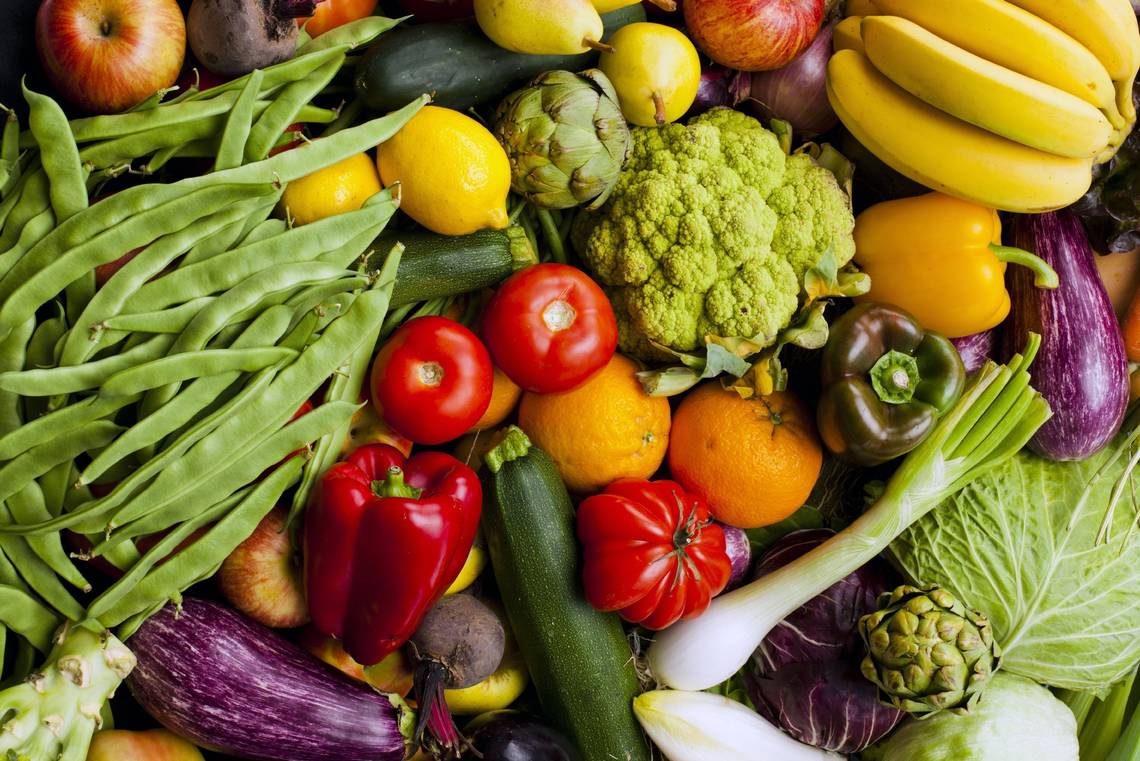Diet for Diabetic Patients during Corona-virus
Apr 19, 2022
Diet for covid patients with diabetes, Diabetes is a condition in which your blood sugar or glucose level is higher than normal. Carbohydrate-rich foods like breads, cereals, rice, pasta, fruits, milk, and desserts can cause this rise. People with high blood pressure and diabetes are at a higher risk of getting infected from COVID 19 and are more likely to suffer from severe symptoms.

diet for covid patients with diabetes
How food affects your blood glucose levels? diet for covid patients with diabetes
What, when, and how much you eat all affect your diabetes blood glucose levels. Whether you have diabetes type 1 or type 2 diabetes, blood glucose is the main sugar found in the blood. If you have diabetes, your blood glucose can go too high when you eat too much.
How to control blood glucose at a healthy level during Covid 19 pandemic?
Here are some foods & tips, and diet for covid patients with diabetes that can help keep your blood sugar in check, make you happy, healthy and protect you from COVID 19:
- Check your blood glucose levels at home if possible.
- Eat about the same amount of food each day (Your blood glucose goes up after eating. If you eat a heavy lunch one day and a light lunch the next day, your blood glucose levels will be affected)
- Eat meals and snacks at about the same time each day.
- Eat 3 major meals and 5 minor meals daily.
- Eat a high-fiber diet to control sugar levels. Include oats, wheat bran, Chana atta, soya products, grains, millets, green leafy vegetables, broccoli, and flax seeds in your diet. Wash all fruits & vegetables with hot water before consumption.
- Take your medicine at the same time every day. Consult your doctor about the best time to take your medicines based on your meal plan.
- Alcohol has calories but no nutrients. If you drink alcohol every day during this time, it can make your blood glucose level too high, if you want to drink alcohol, consult your doctor about how it fits into your plan according to sugar level.
- Exercise regularly. Consult your doctor about what types of exercise are right for you.
- If you can’t eat your usual food during any sickness, try consuming liquids like soups to control hyperglycemia.
- Include Cinnamon and garlic in your diet to control sugar level because it has antioxidant properties.
- Avoid low glycemic foods like suji, maida, pasta, juice, noodles, sweets, and other fat-rich foods.
Follow these simple tips and prevent getting infected. You can take video consultation in case of queries.









